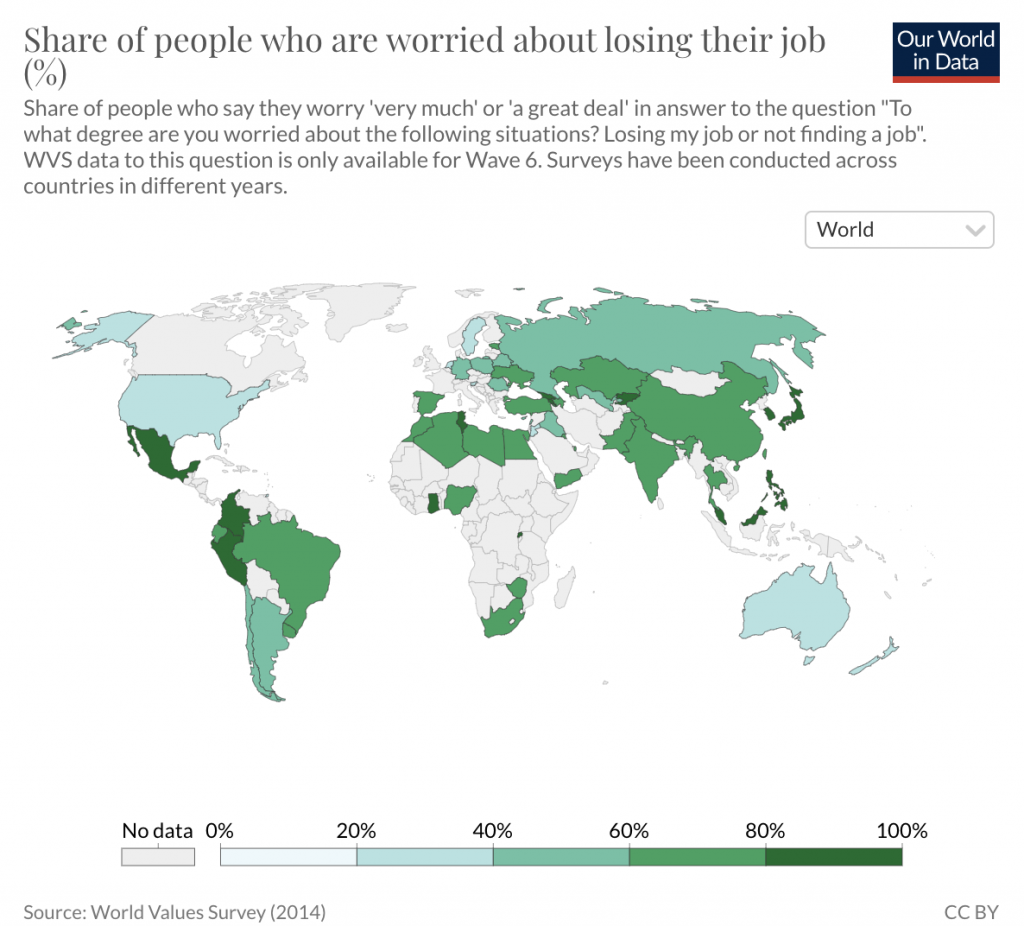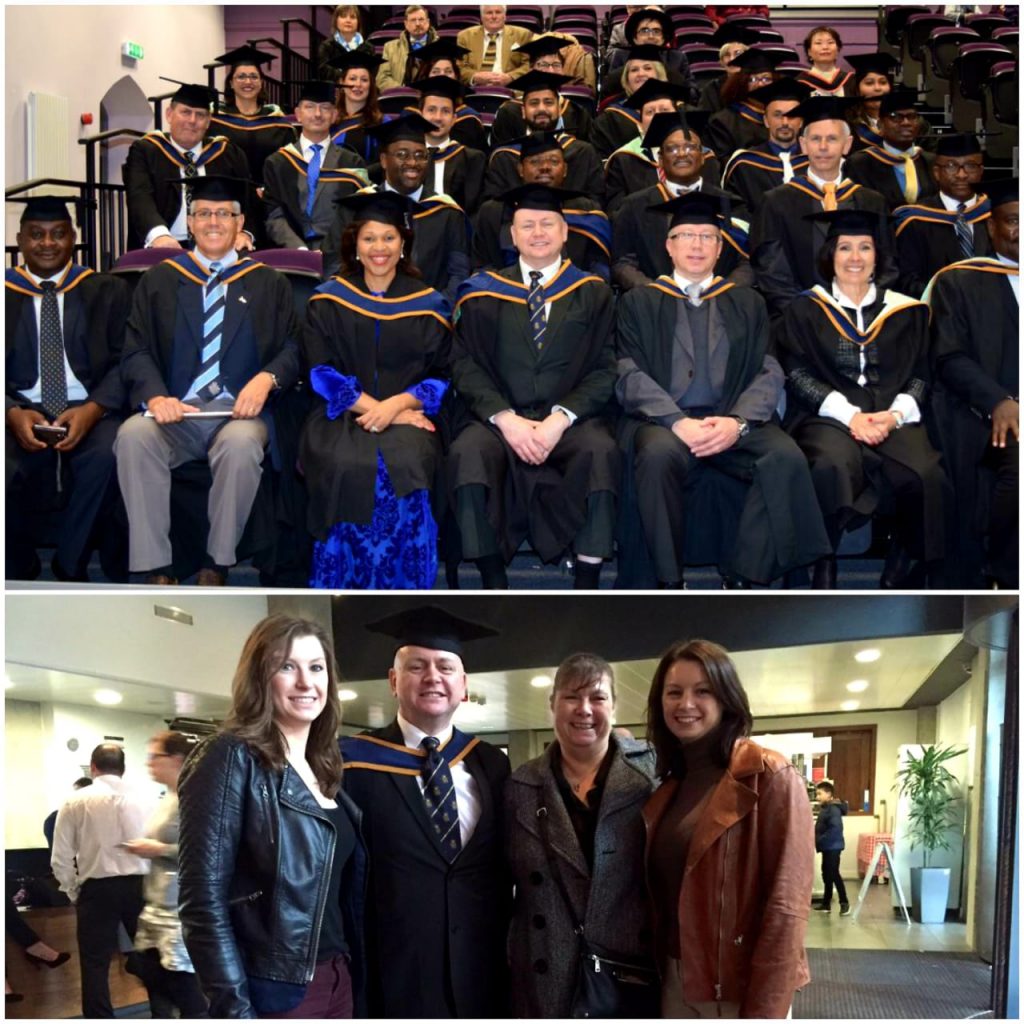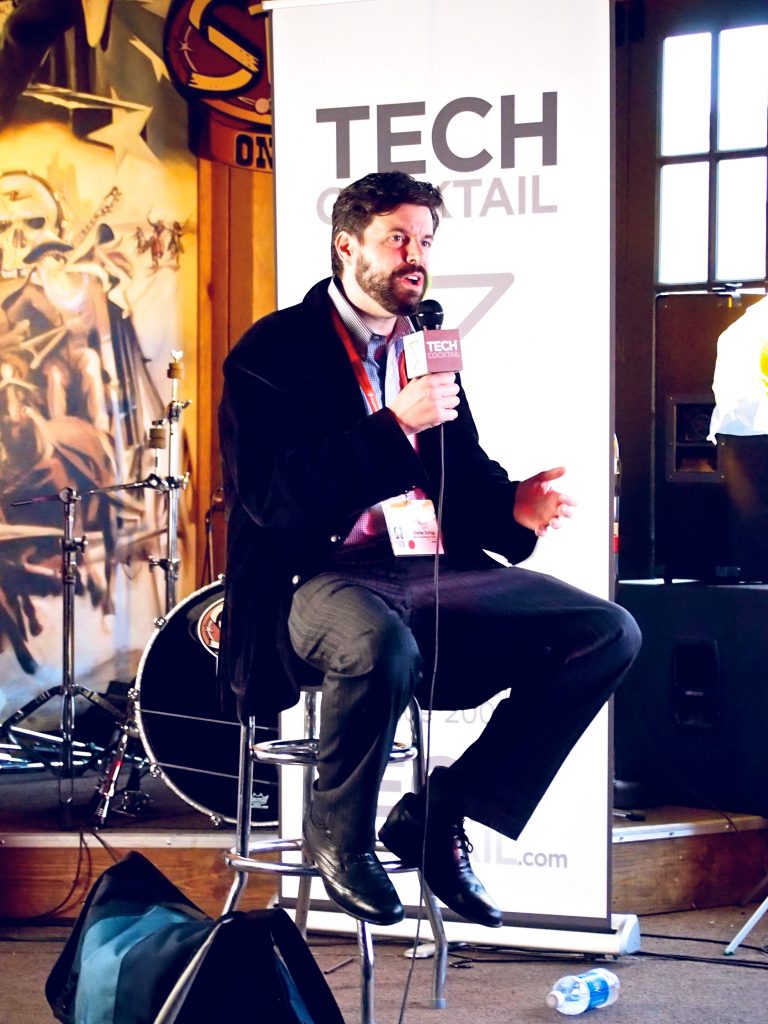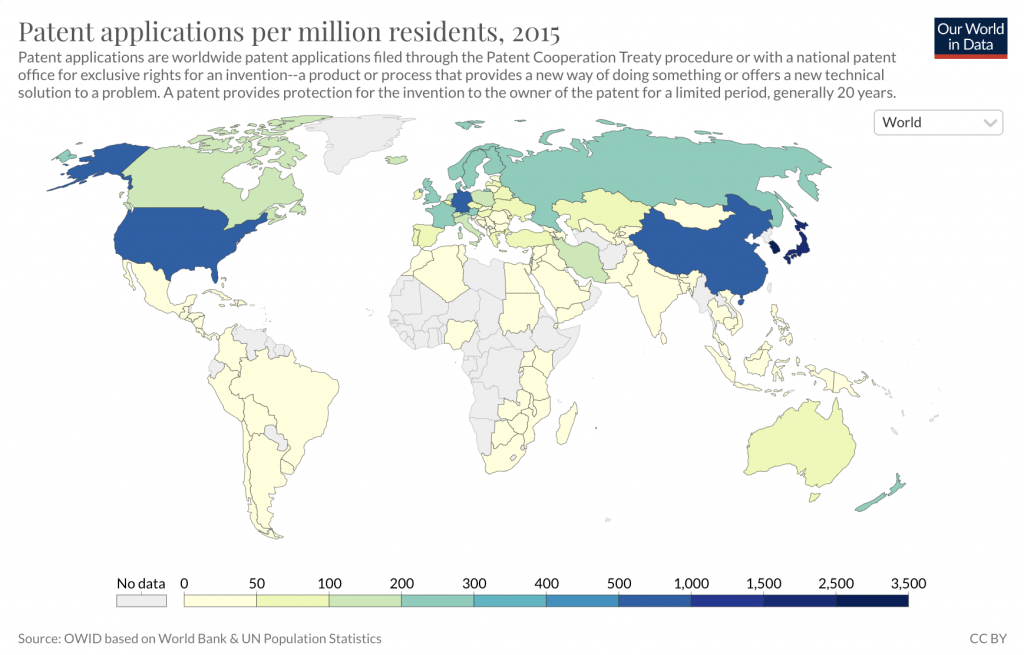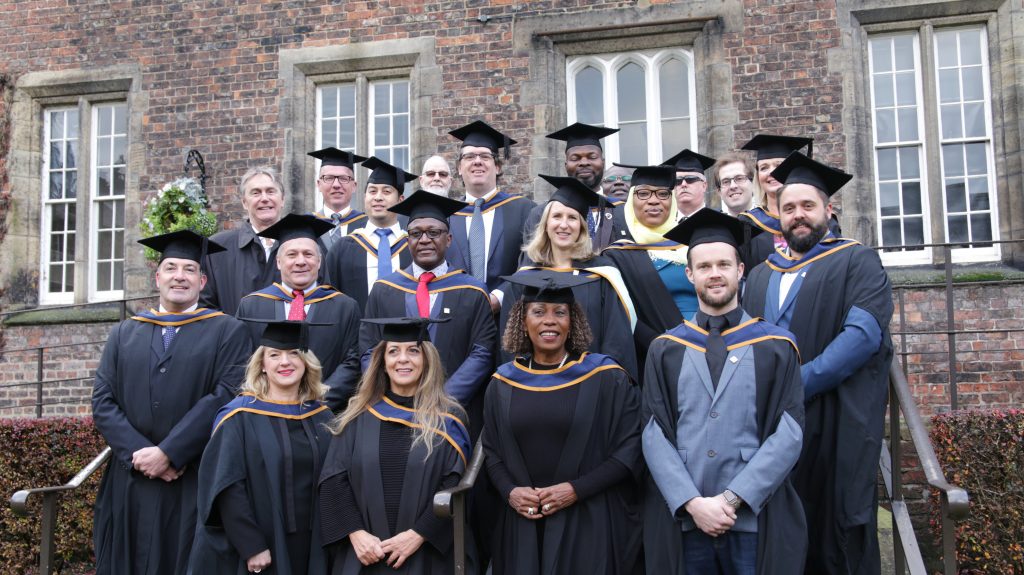With age comes wisdom. By and large, the saying holds true, with a few exceptions – I am sure many of us know someone in our lives who hasn’t learnt from their mistakes. But this blog is not about introspection, or learning from one’s mistakes, or even about changing the past. It is about learning to focus when studying.
However, when I thought about writing this blog, it got me thinking about my childhood and the student I was; it got me introspecting. I remember sitting in my study and trying to focus on my textbook, and I remember all I needed was the slightest distraction to get completely distracted. Even when I read, I was just going through the motions and not really focusing or even trying to understand what I was trying to study.
It got so bad that even my parents realised I wasn’t focusing on what I was studying, and I remember the day before some exams, my mother would come to the study and offer to read the textbook for me. I don’t think I have ever thanked my parents for all the support they have given me, so thank you, mom and dad, for all you have done for me.
There goes my focus! Let’s get back on topic, shall we?

What is focus?
In the simplest terms, focus is the ability to do a task without getting distracted.
Focus (or attention span), like most other human habits, can be trained and developed. The easiest things to develop are bad habits as it is usually fast and easy. But focus/concentration/attention span – whatever you want to call it, will take hard work and dedication.
“The successful warrior is the average man, with laser-like focus.”
Bruce Lee
Our mind is, after all, a muscle, and so is trainable. The following are 3 simple tips that should get you started on the path of training your focus.
1. Take responsibility

Human beings like to deflect responsibility. If we take on the responsibility of a particular task, like, let’s say, studying a particular subject at a specific time, then the responsibility of completing the said task is in our hands. There may have been several reasons that distracted you and prevented you from completing the task… wrong! You allowed yourself to be distracted, and you failed to complete the task. So, stop making excuses and get back in the driver’s seat of your life!
A good way to understand what I am trying to say here is by imagining yourself on a long road trip, and you find yourself in the backseat of the car. For most of us, it is just a matter of time before we fall asleep. Now, keeping all conditions the same, only you find yourself in the driver’s seat, you will find yourself more focused, alert, and determined to drive the car to the best of your ability.
So, take responsibility, get on the driver’s seat, and you will find yourself able to focus a lot better.
2. Practice
Attention is a muscle, and like every other muscle, it needs to be trained and worked out to develop. Malcolm Gladwell, the author of Outliers, wrote that it takes 10,000 hours to become an expert in anything. He said 10,000 hours of “deliberate practice” are needed to become world-class in any field.
We have many distractions around us that prevent us from focusing on the task at hand, and more often than not, we give in to those distractions. We do it so often that in the end, we become experts in ‘getting distracted’.
So, how do you go about training attention?
Let’s start with a simple exercise. Let’s start with a 10-minute exercise. Go to your study, just with a notebook and a sheet of paper to note down all your distractions. Leave all distractions (mobile phones, storybooks, food, etc.) outside. To start with, choose your favourite subject and take study material only for that subject and only what you will be able to cover in 10-minutes.

Start reading the study material actively, making notes and asking questions to better understand the subject. In the middle of this active study session, if anything distracting pops into your mind, make a note of it immediately in the distraction sheet, and return to your studies immediately. And once the 10-minutes is done, stop. Close your study material and leave the study.
Gradually try increasing the number of these 10-minute slots, rather than increasing the duration of study. If you find yourself unable to focus during these slots and cannot refocus, stop the session early and walk away.
You will find you can cover as much in 10 minutes of focused effort as what you would usually have covered in an hour previously.
3. Health and rewards
We have covered most of this in detail in our earlier blogs, and I will link them here – eat healthily and exercise your body. To keep motivated, reward yourself, even in small ways. On completing tasks, realise that you have, and acknowledge this fact! Stand up and dance like nobody’s watching!
I hope these tips will help in getting you started on focusing on your tasks better. We would love to hear from you about what helped you with improving your focus.
If you are ready to start your online studies, chat LIVE on WhatsApp with one of our Education Advisors for more information on all the 100% online master’s degree programmes we offer and the application process.



